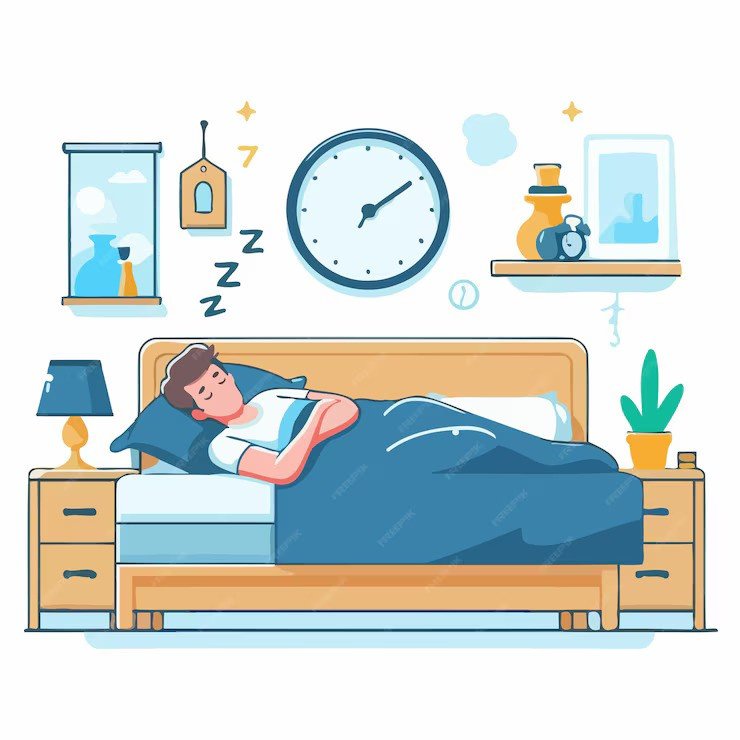Sleep disorders or sleep-wake disorders are a group of conditions that affect the amount, timing and of the sleep you get at night. Some common sleep disorders include insomnia, restless legs syndrome, narcolepsy and sleep apnea. Sleep disorders are linked with physical, mental and emotional issues.
WHAT ARE THE TYPES OF SLEEP DISORDERS?
There are a staggering number of sleep disorders. We will take a look at the most common sleep disorders below:
Chronic Insomnia
This is a very common disorder where you have trouble falling asleep or staying sleep most nights for a minimum of three months or more. This causes changes in mood and irritability.
Obstructive Sleep Apnea
In this condition, people experience periods of breathing interruptions during sleep which causes snoring. Due to this disturbed sleep patterns, aa person may be sleepy in the daytime and feel fatigue.
Restless Legs Syndrome
This involves a person having the urge to move their legs during their sleep. It is usually followed by uncomfortable sensations in the legs, such as a tingly, burning, itchy or crawling feeling.
Narcolepsy
This is a sleep disorder where you cannot control when you fall asleep or for how long you stay awake. People who have narcolepsy usually fall asleep during the day and may experience other symptoms. It may seriously affect a person’s overall health but with treatment, it can be managed.
SYMPTOMS OF A SLEEP DISORDER
Since there are different types of sleep disorders, there are several symptoms a person can experience.
- Finding it difficult to fall asleep regularly
- Wakif up in between, having trouble falling back asleep and finding it hard staying sleep during the night
- Snoring, gasping or choking during sleeping
- Feeling the you need to move when you rest
- Feeling like you can’t move when you wake up
As a result of these nighttime symptoms, symptoms in the daytime include:
- Daytime sleepiness – you may take naps during the day and even fall asleep in between daily tasks
- Trouble concentrating or paying attention to things
- Irritability and finding it hard to control your emotions
- Effect on performance in school or at work
- Frequent mistakes, accidents or falls
WHAT CAUSES SLEEP DISORDERS?
A disturbance to your body’s cycle of sleep and daytime wakefulness causes sleep disorders. There are several reasons for this and it is based on the type of sleep disorder that you may have. These involve:
- A sign of a medical condition like heart disease, asthma, pain or a nerve condition.
- A sign of a mental health condition like anxiety or depression or anxiety
- Genetic aspects
- A side effect of a medication
- Working at nighttime
- Intake of caffeine or alcohol before bedtime
- Low levels of particular chemicals or minerals in the brain
How are sleep disorders treated?
There are various types of treatment options available for several sleep disorders. These include:
- Making changes to your sleeping routine for a regular and proper sleep schedule
- Cognitive behavioral therapy
- Taking medications as prescribed by a doctor or supplements such as melatonin
- Changing medications or dosages that cause excessive sleepiness
- Making use of a CPAP (continuous positive airway pressure) machine or a neurostimulator implanted to control sleep apnea
- Light therapy


